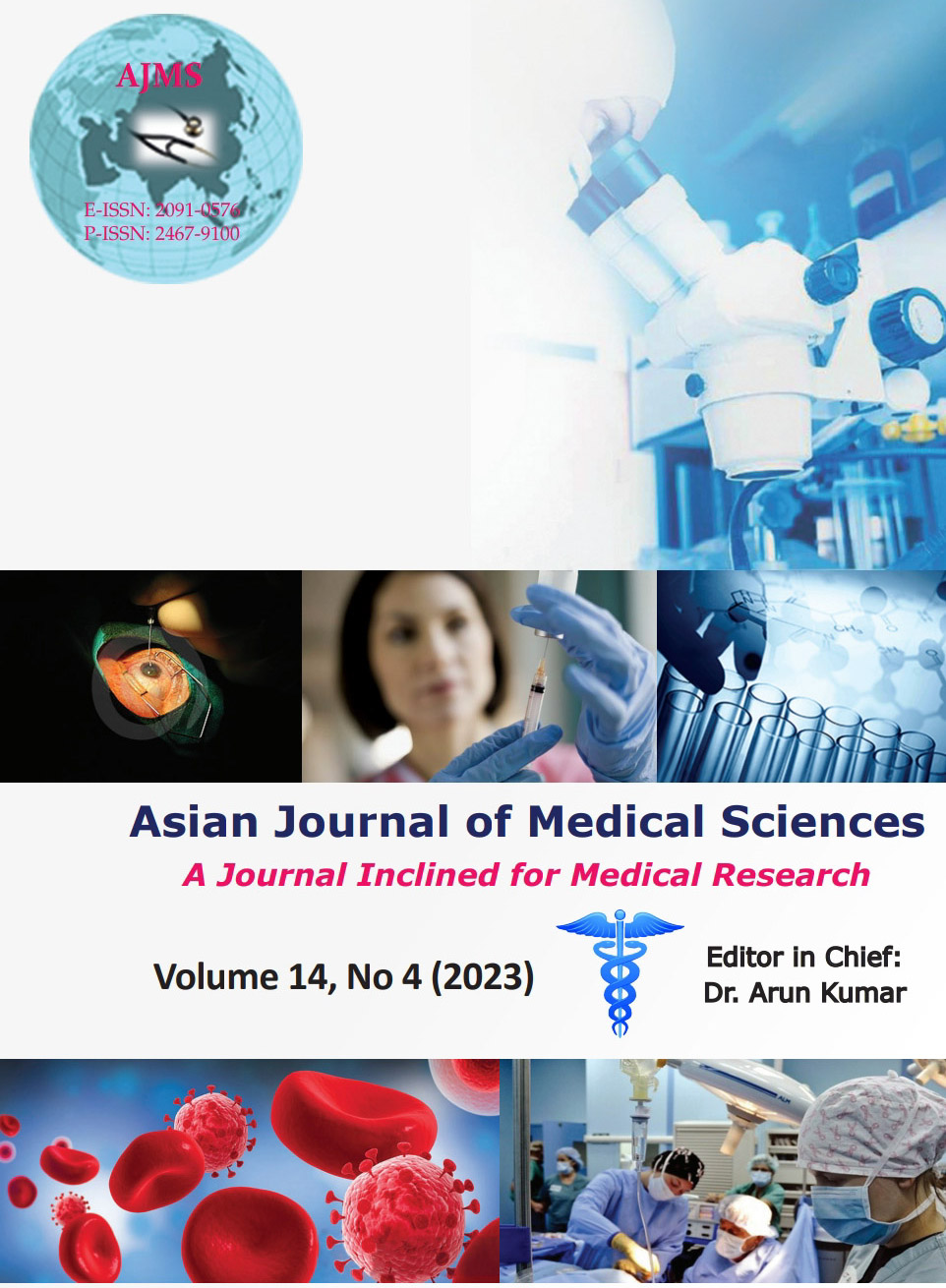Antimicrobial resistance - are future prescribers aware? A study among undergraduate medical students in Kumaon region
Keywords:
Antimicrobial resistance; Knowledge; Attitude; Practice and awarenessAbstract
Background: According to the WHO, antimicrobial resistance (AMR) occurs when bacteria, viruses, fungi, and parasites change over time and no longer respond to medicines making infections harder to treat and increasing the risk of disease spread, severe illness, and death and is a global issue and measures to halt this is the need of the hour.
Aims and Objectives: This study aims at identifying awareness as well as knowledge, attitude, perception, and practice regarding AMR and antibiotic use among medical undergraduate students, so to get insight and take appropriate actions to enhance their knowledge that will help in reducing AMR as they are the future prescribers.
Materials and Methods: A descriptive cross-sectional study was conducted among 483 undergraduate medical students enrolled in government medical college, Haldwani. A pretested, semi structured questionnaire was designed to collect data from participants through Google forms regarding sociodemographic profile, and behavior of the participants regarding antibiotic use which comprises: Attitude, perceptions, and practice.
Results: Majority of study participants have heard about AMR before (97%) of which most of them got information about antibiotic resistance by web/internet (35%). Majority of study participants were aware (>90%) of phenomenon of antibiotic resistance, 98.9% of them were correctly able to identify Amoxicillin and Penicillin as antibiotics, most of them had correct knowledge about role of antibiotics. Majority (83.6%) of participants take antibiotic only after the prescription of doctor, 78.9% of them reported use of antibiotics in the last year.
Conclusion: A fair good amount of awareness, knowledge, attitude, perception, and practice regarding AMR and its use was found among study participants. Still, there is scope of improvement in it that can be addressed through giving more emphasis on this in undergraduate teaching curriculum.
Downloads
Downloads
Published
How to Cite
Issue
Section
License
Copyright (c) 2023 Asian Journal of Medical Sciences

This work is licensed under a Creative Commons Attribution-NonCommercial 4.0 International License.
Authors who publish with this journal agree to the following terms:
- The journal holds copyright and publishes the work under a Creative Commons CC-BY-NC license that permits use, distribution and reprduction in any medium, provided the original work is properly cited and is not used for commercial purposes. The journal should be recognised as the original publisher of this work.
- Authors are able to enter into separate, additional contractual arrangements for the non-exclusive distribution of the journal's published version of the work (e.g., post it to an institutional repository or publish it in a book), with an acknowledgement of its initial publication in this journal.
- Authors are permitted and encouraged to post their work online (e.g., in institutional repositories or on their website) prior to and during the submission process, as it can lead to productive exchanges, as well as earlier and greater citation of published work (See The Effect of Open Access).




